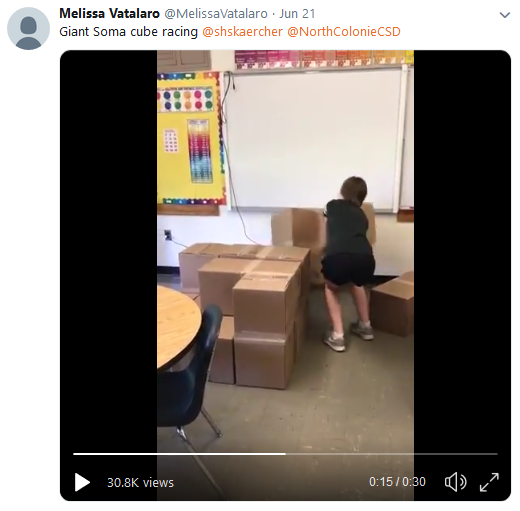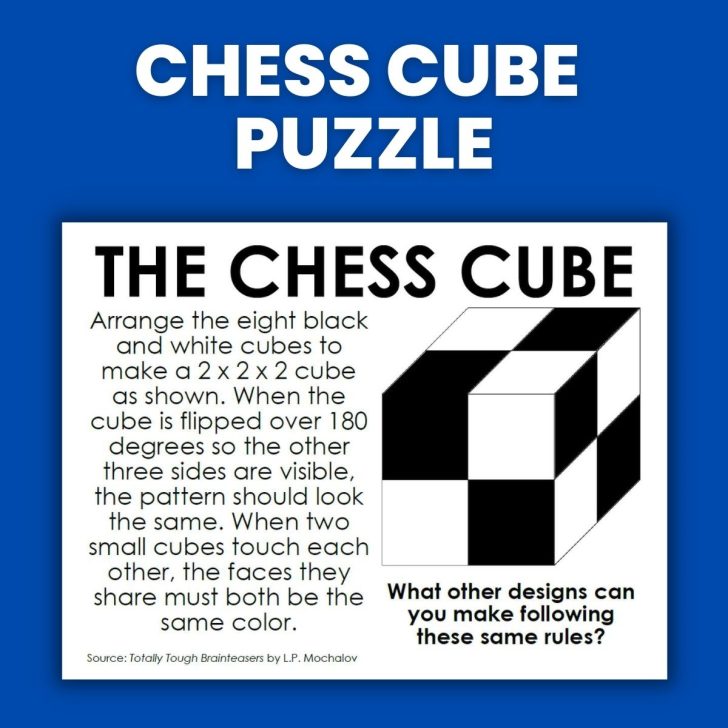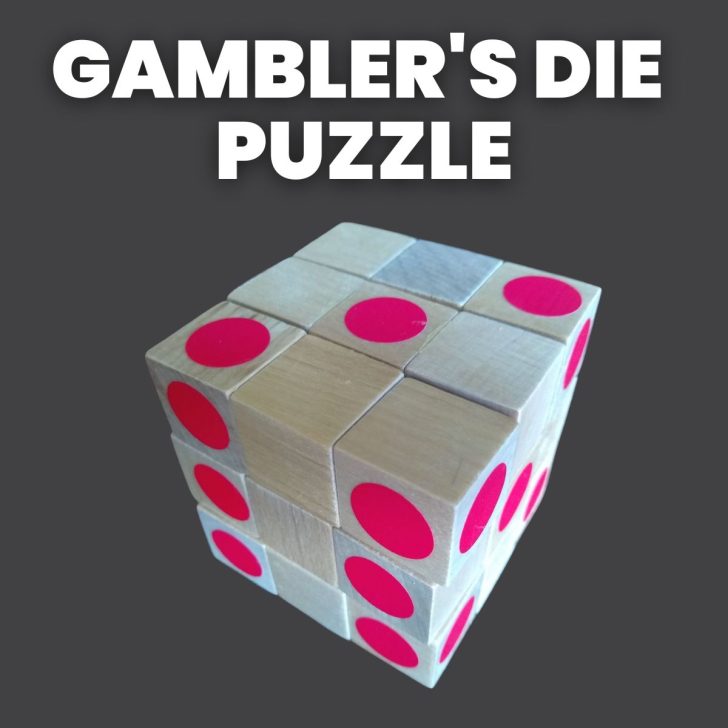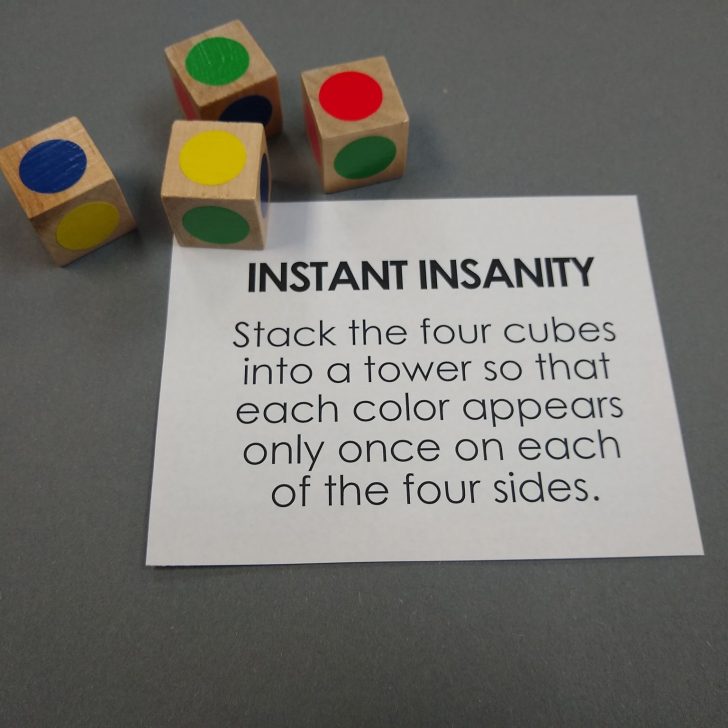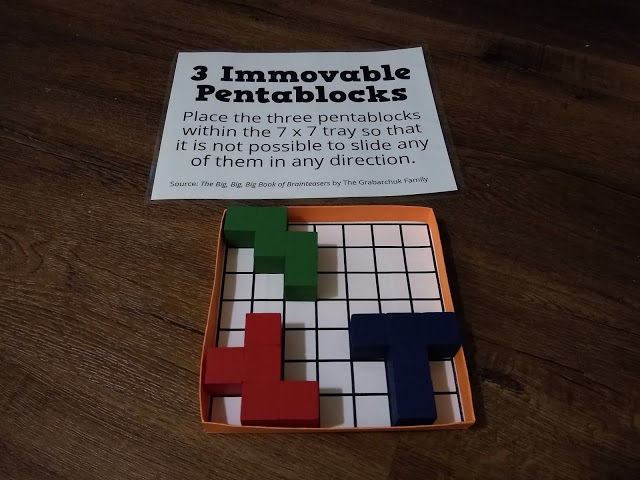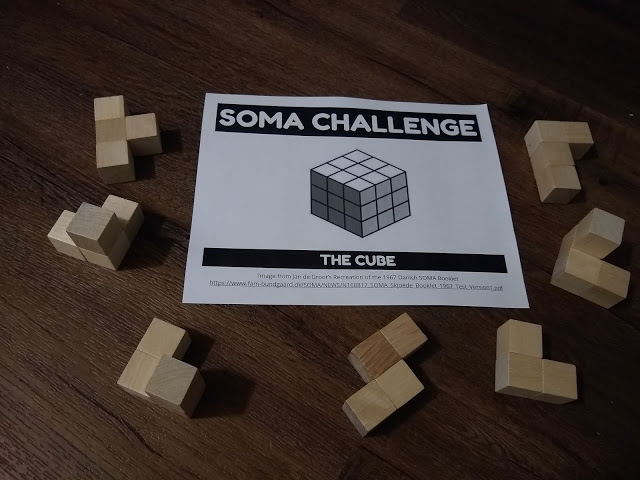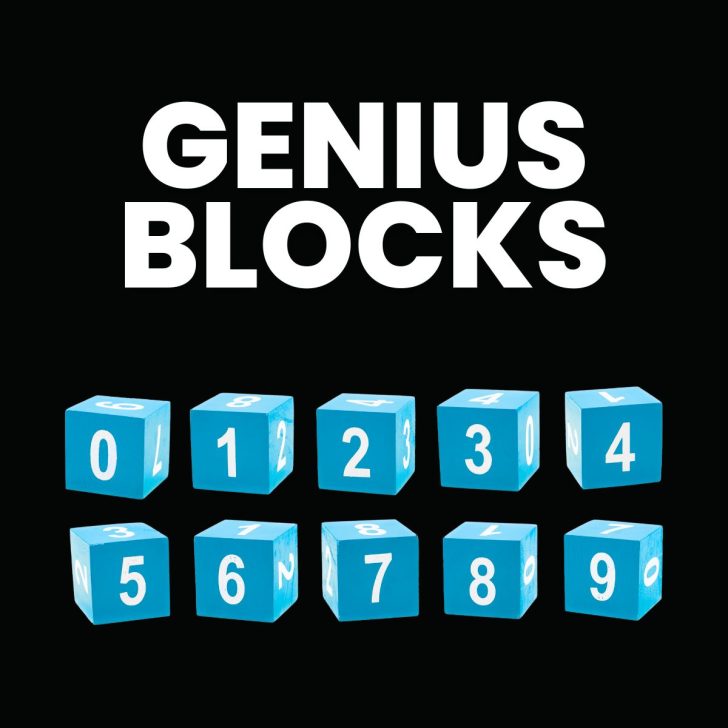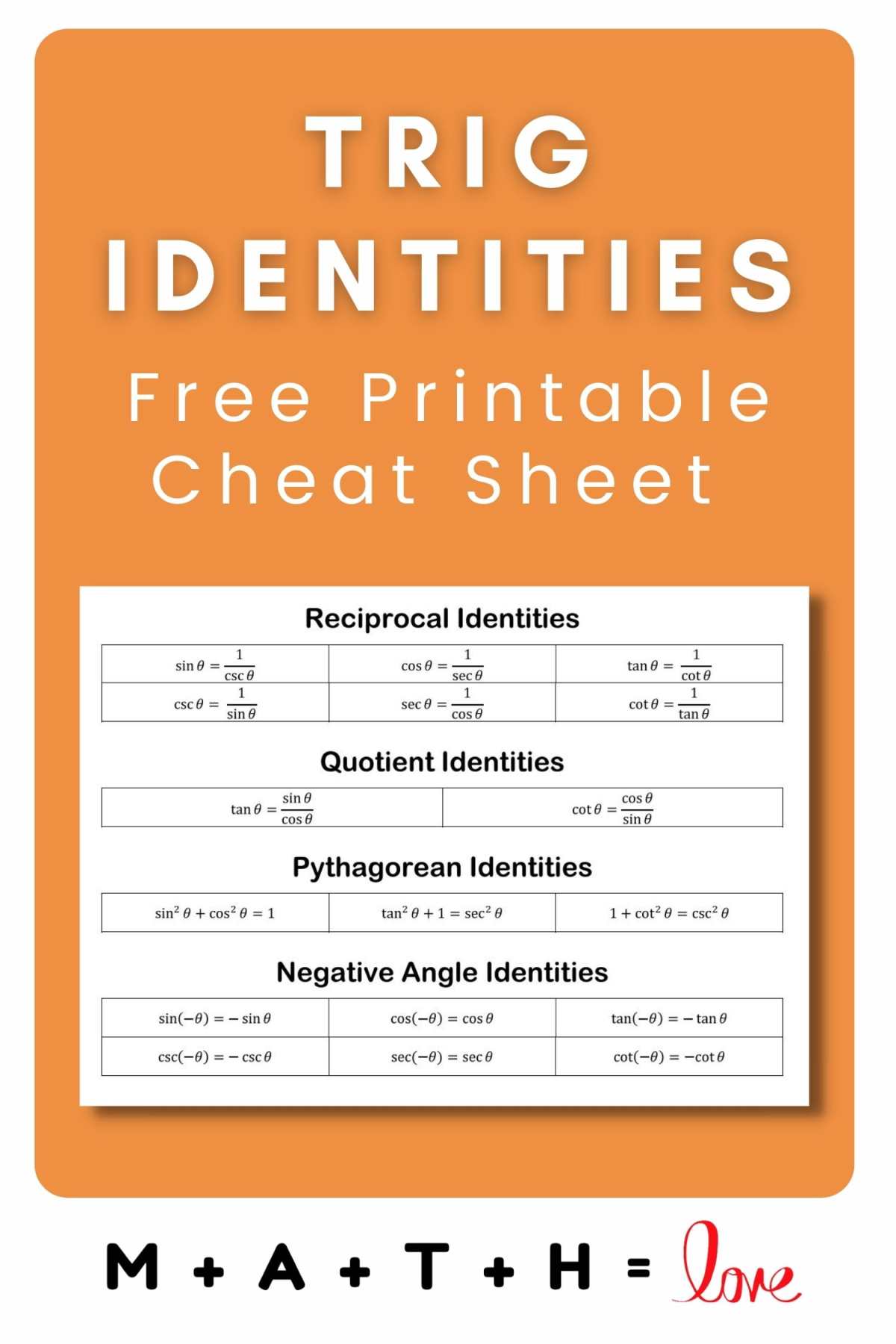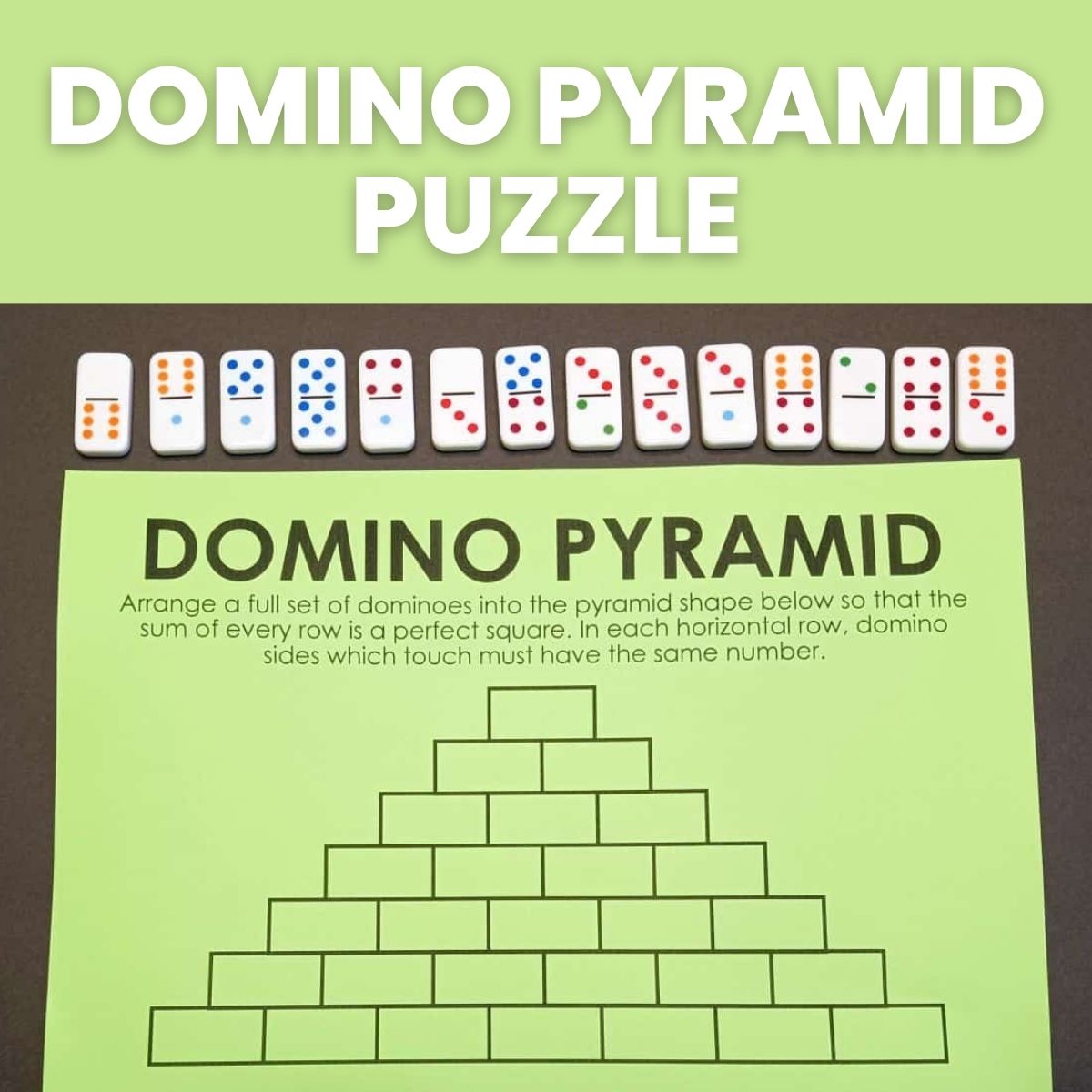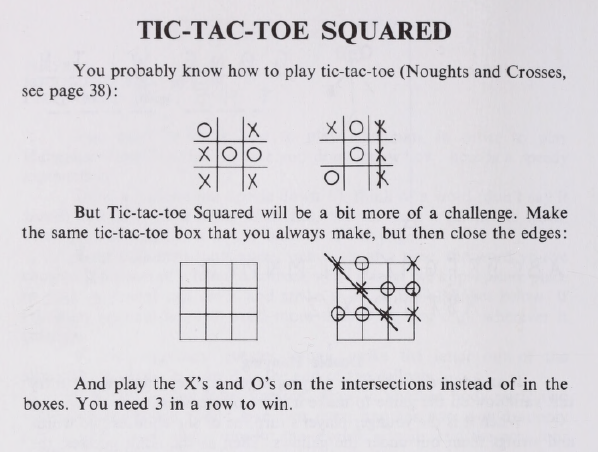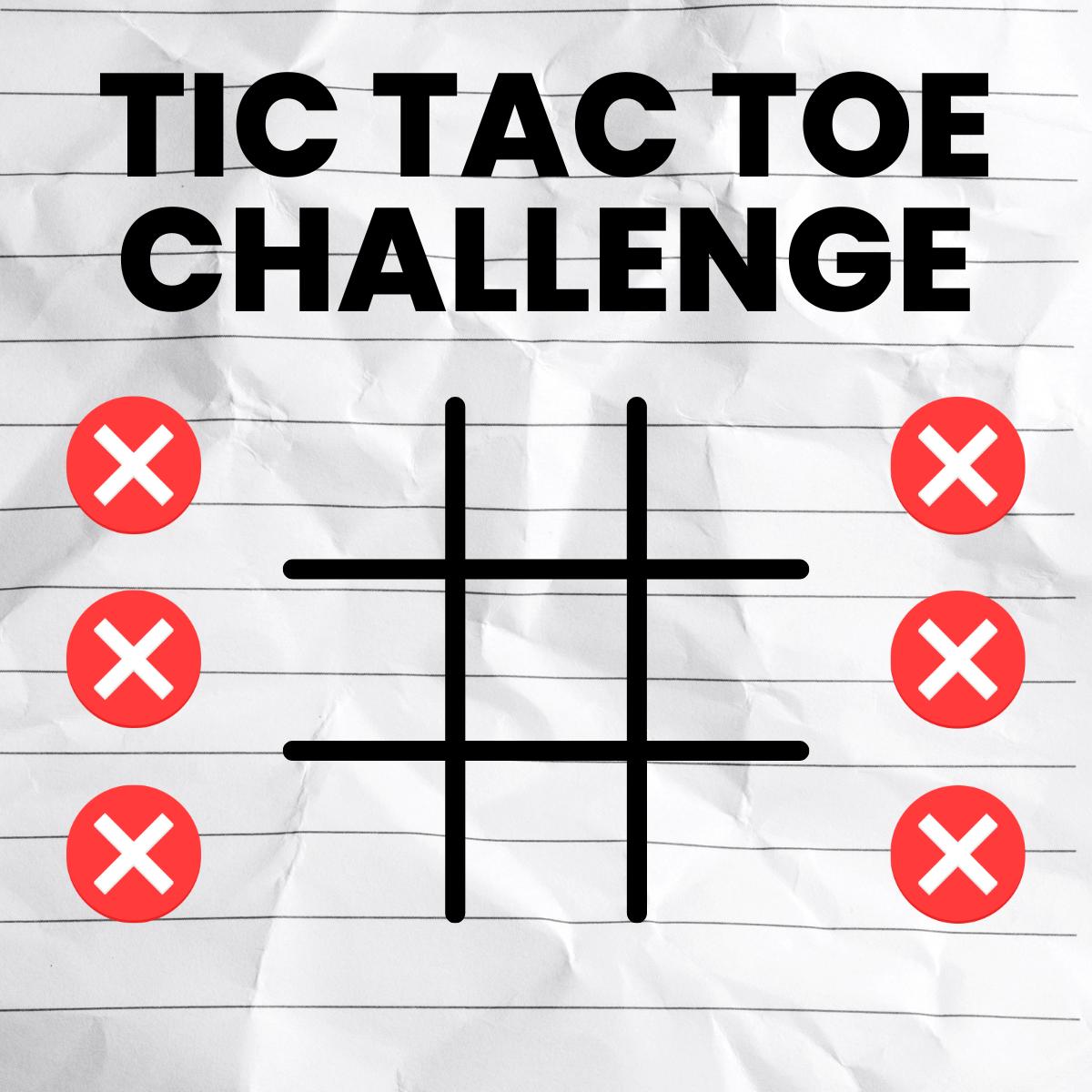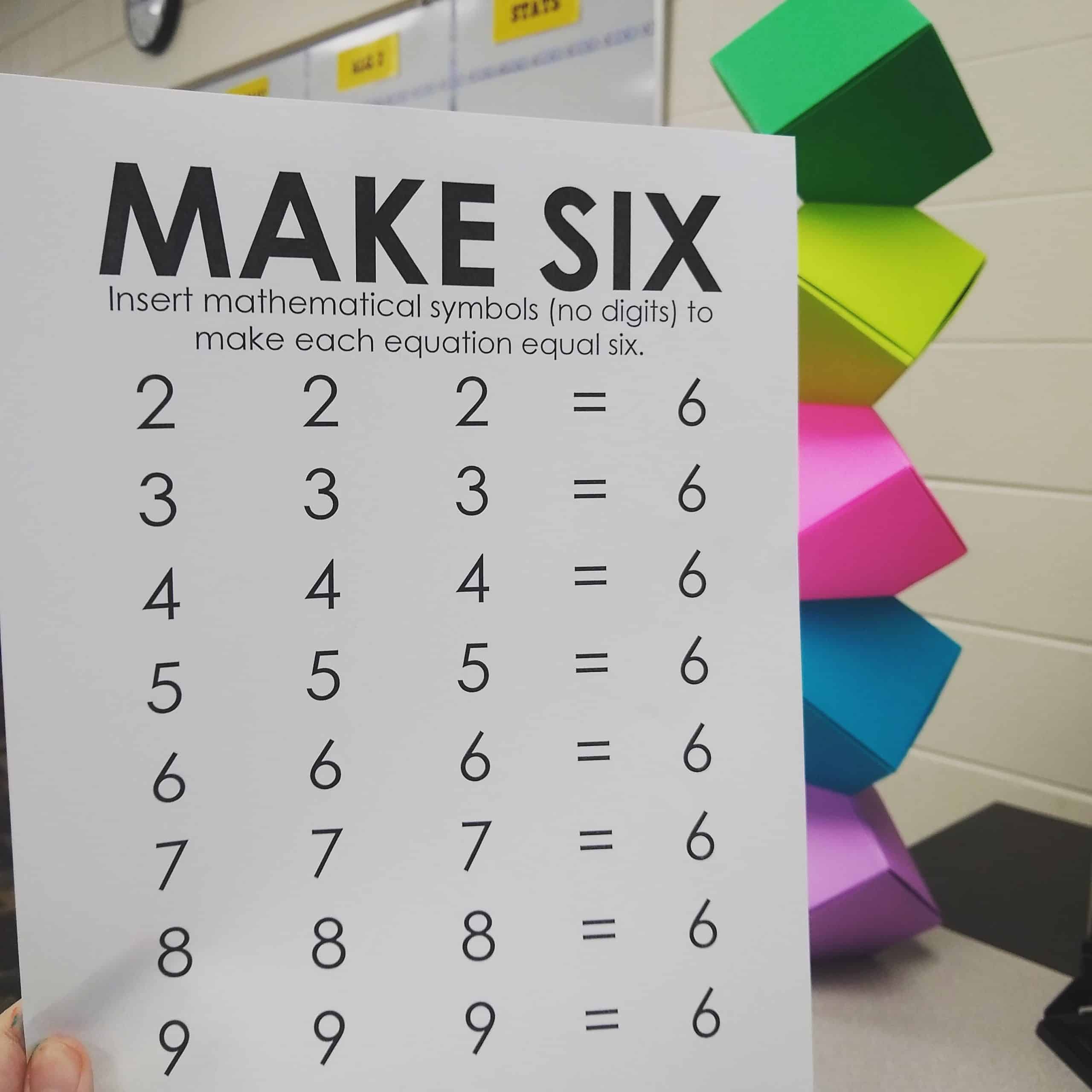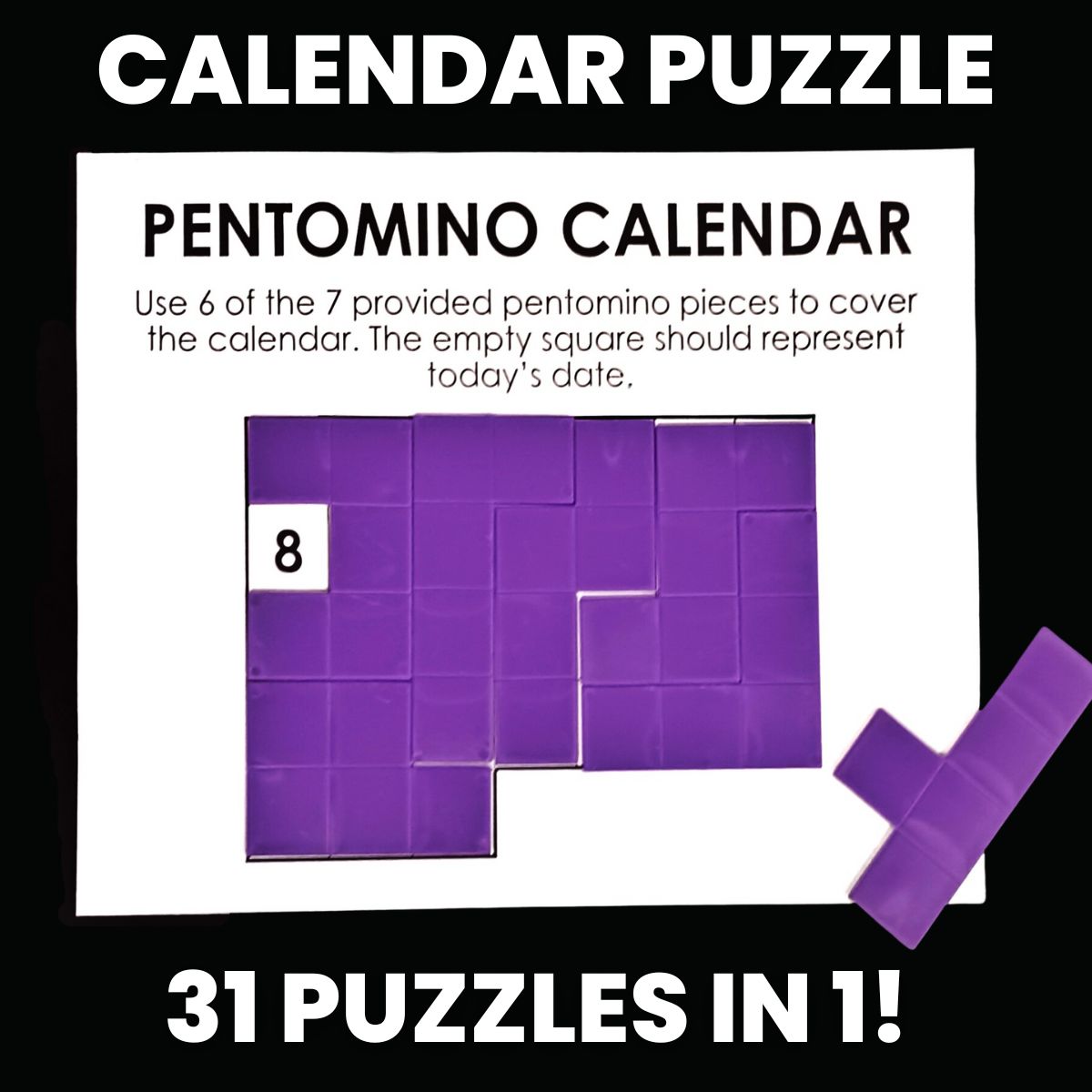SOMA Blocks Tutorial and 31 Printable Challenges
This blog post contains Amazon affiliate links. As an Amazon Associate, I earn a small commission from qualifying purchases.
Today I’m excited to introduce you to SOMA Blocks. A week or so ago, I shared the first of many projects created from wooden cubes I have planned for this summer. Those Genius Blocks were actually my second project of the summer, but they were the first project to be entirely finished and ready to be blogged about.
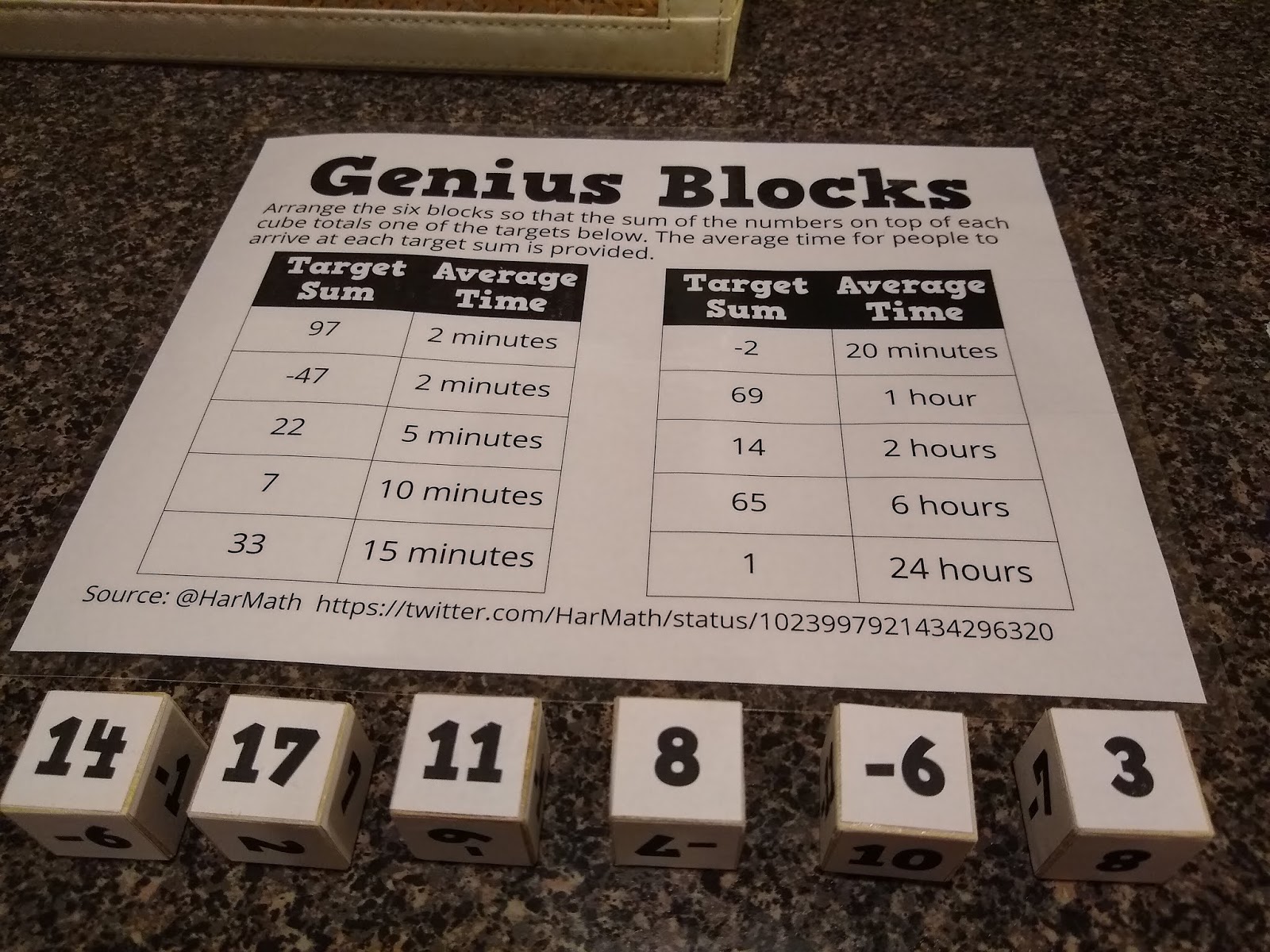
Yesterday, I finally finished up the wooden block project that first caught my eye last summer – SOMA Blocks.
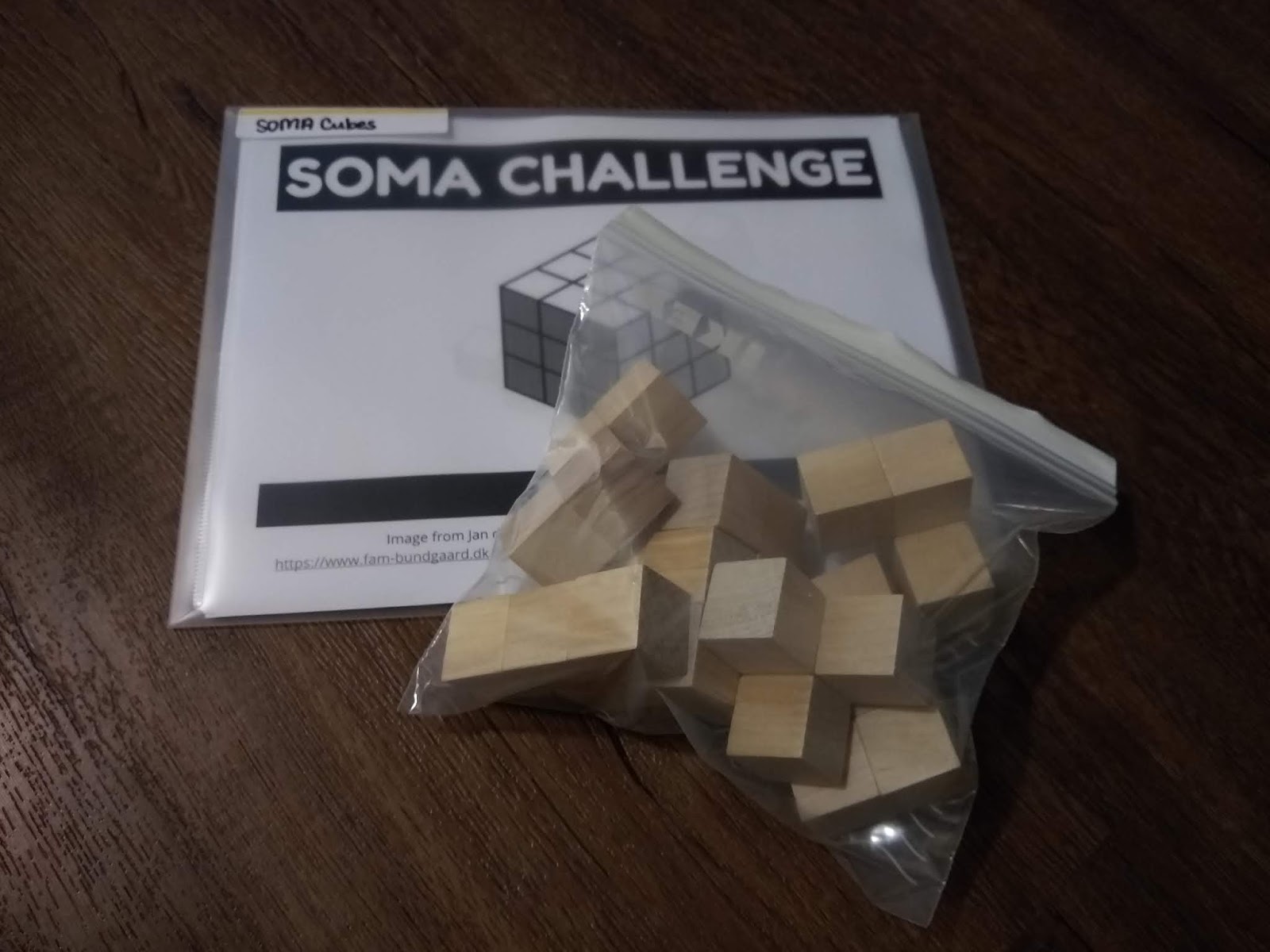
One of my goals for this summer is to make as many projects as I can for my classroom from a bag of 100 one inch wooden cubes that I bought from Amazon LAST summer and never got around to using. This project requires 27 wooden blocks.
You might recognize the name “SOMA Cube” from yesterday’s volume of Monday Must Reads.
I don’t quite have the space in my room for a version made out of cardboard boxes, so my version with one-inch wooden blocks will have to do!
History of SOMA Blocks
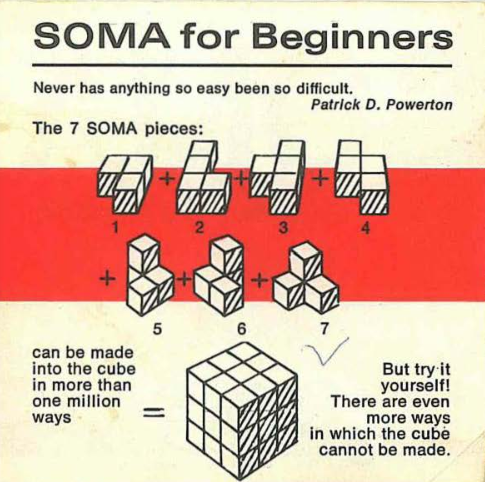
Source: https://www.fam-bundgaard.dk/SOMA/NEWS/N160817_Parker_V1_1220x610_Jan_de_Groot.pdf
The SOMA puzzle was created in the 1930s by Piet Hein. SOMA is a set of seven polycubes that can be combined to create a cube and other geometric figures. If you’re interested in the history of this puzzle, I recommend this excellent website with an overwhelming amount of information about the origins of SOMA!
I loved that the above website shared scans of the original patents for the SOMA Puzzle. I printed off one of the patent images and used it to build my own set of SOMA puzzle pieces using 27 wooden cubes and wood glue.
How to Create SOMA Blocks
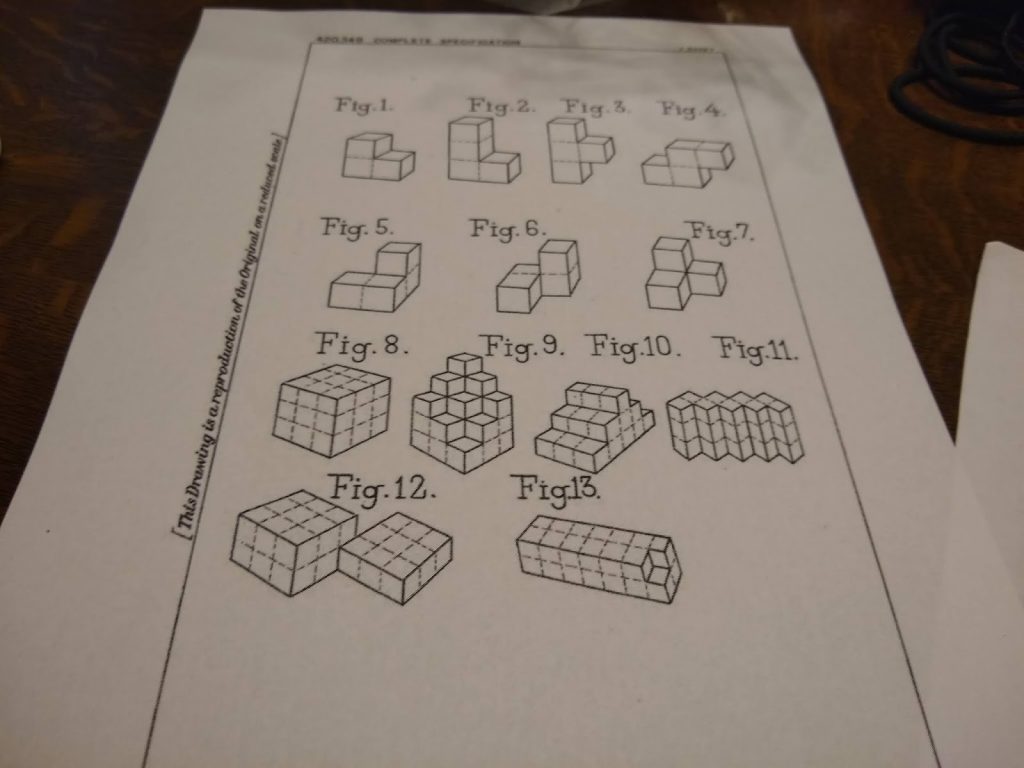
I didn’t have any clamps to hold my wooden cubes together like the wood glue suggested, so I ended up using hair ties to hold the blocks together as they dried. Elegant? No. But, it worked!
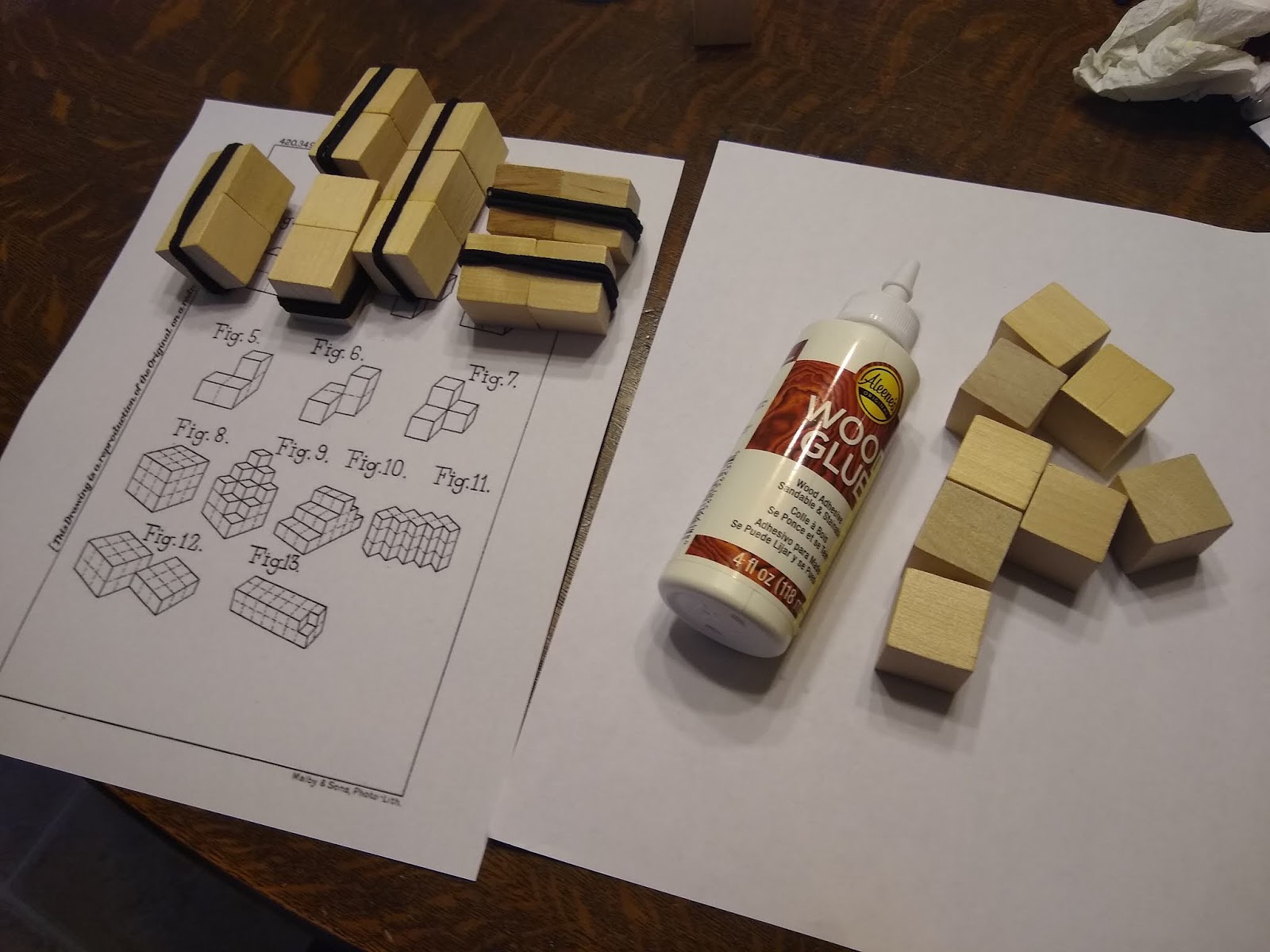
I used one inch wooden cubes for this, but you could really use any size. Just make sure that the blocks are a consistent size.
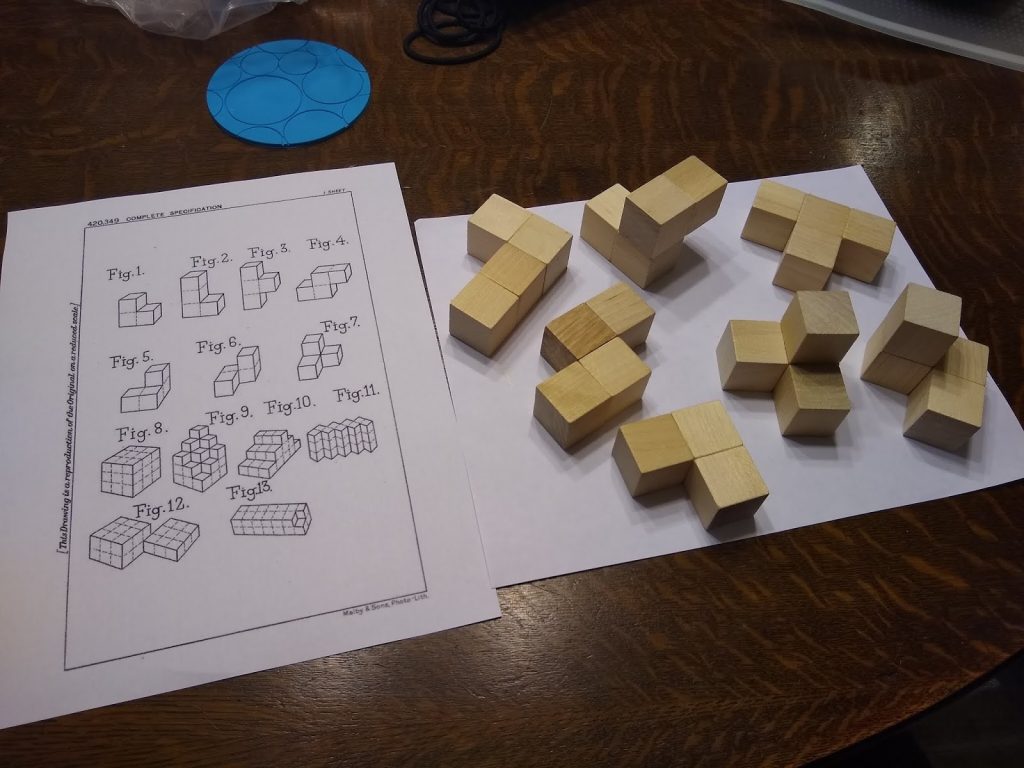
UPDATE: You can now buy colored wooden cubes from Amazon. If you want to make multiple sets for your classroom, this would allow you to easily be able to tell them apart.
The Classic SOMA Blocks Challenge: Create a Cube
To make sure I hadn’t made any mistakes, I challenged my husband to do the traditional SOMA puzzle – create a cube using the 7 SOMA pieces.
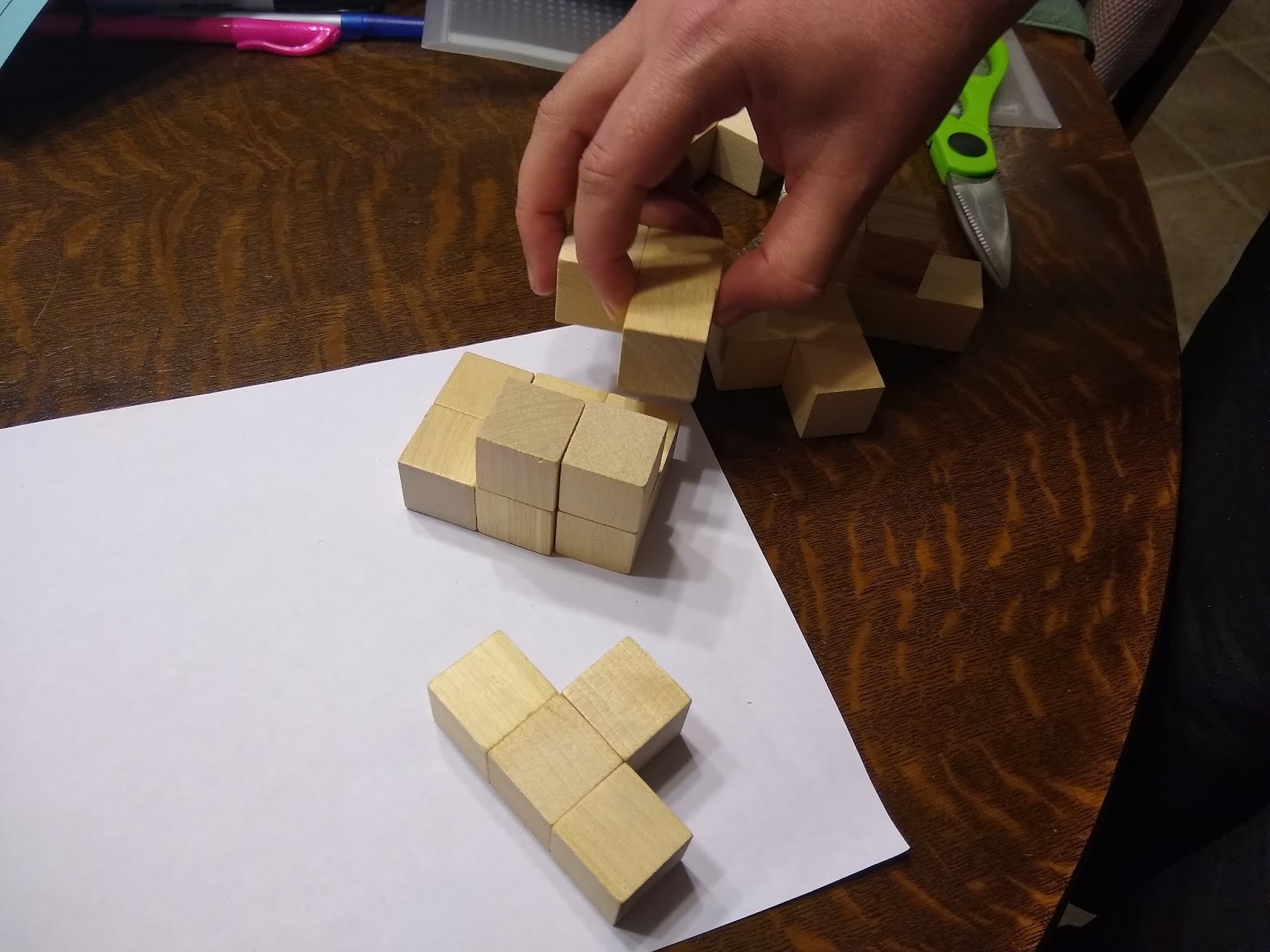
Success!
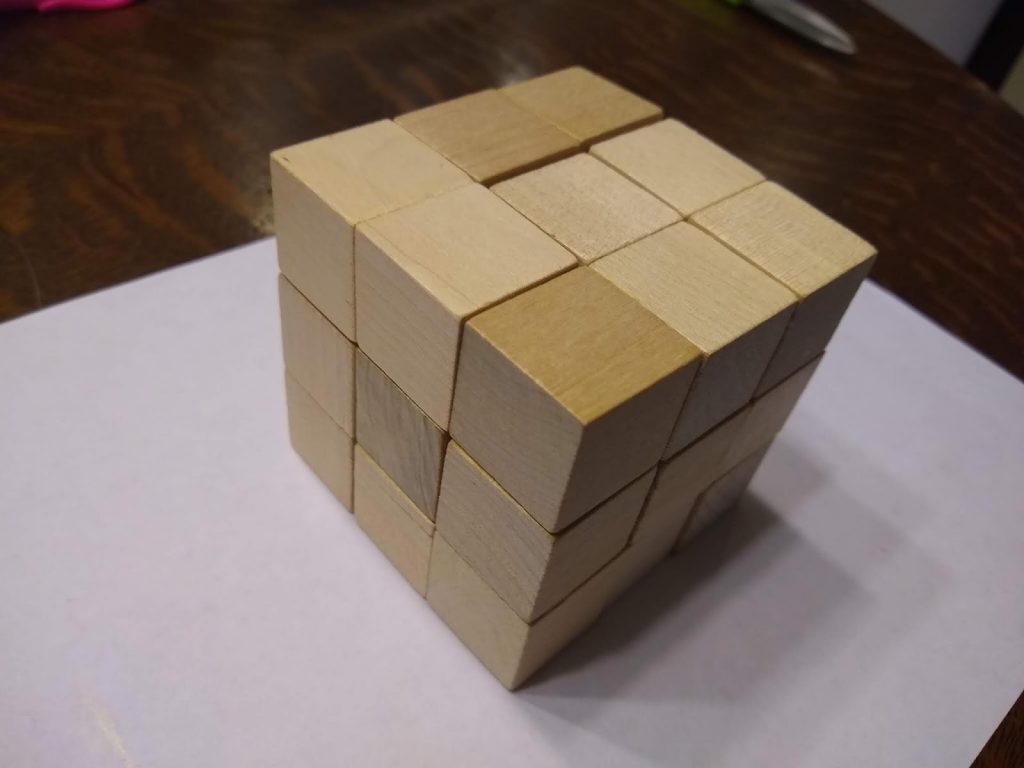
I plan on putting this out in my classroom as an on-going puzzle for students to tackle. I would like to post a new SOMA challenge every week or so. The blocks have been done for almost two weeks now. The challenges for students to complete, however, have been lurking on my to do list.
Update – I actually ended up putting all of the challenges in a binder and putting the binder on my puzzle table.
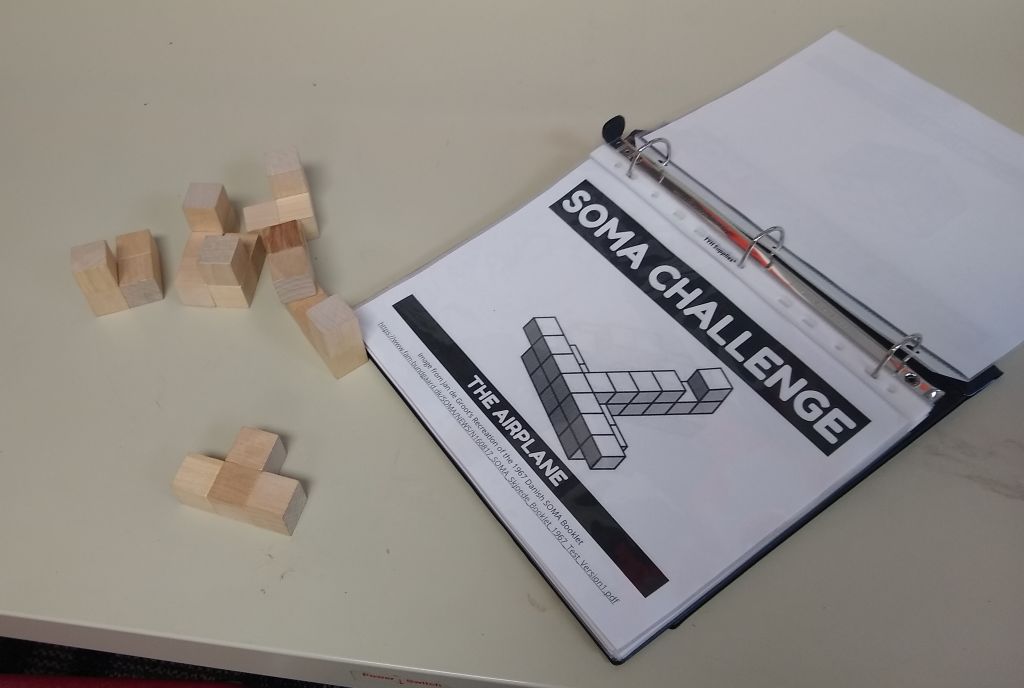
Free Printable SOMA Challenges for SOMA Blocks
Yesterday, I discovered this PDF re-creation of the 1967 Danish SOMA booklet. It was typed up by Jan de Groot and shared as part of the amazing SOMA website I mentioned earlier.
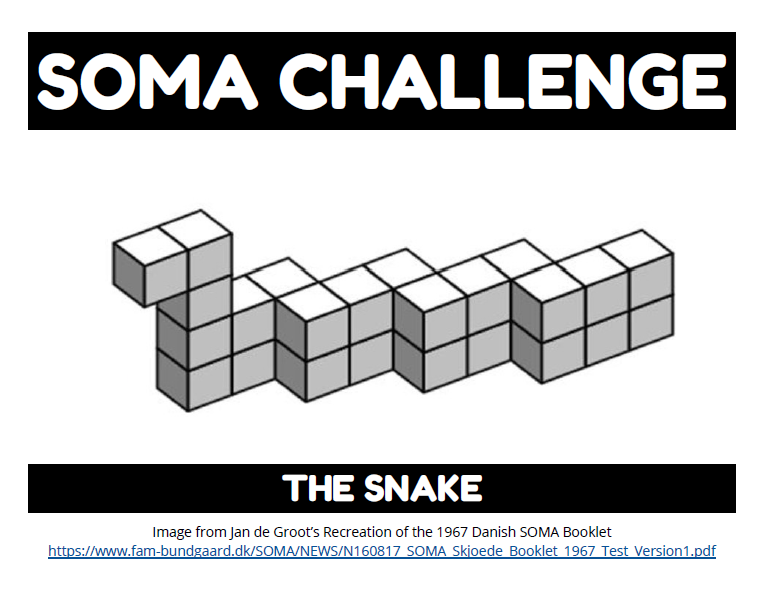
I used the snipping tool to grab images of some of the different arrangements that can be made with the set of 7 SOMA pieces. Then, I compiled them into a file to print and post in my classroom. I ended up with 31 different challenges to post which should keep my students busy for almost the entire school year.
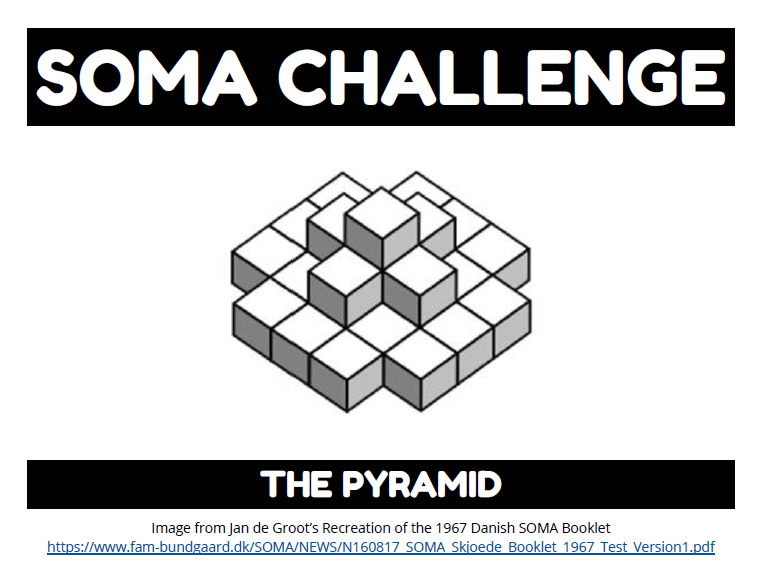
I plan on attaching a sheet protector to the wall above where the SOMA pieces will live in my classroom. Then, I can just easily change the challenge out on a weekly basis.
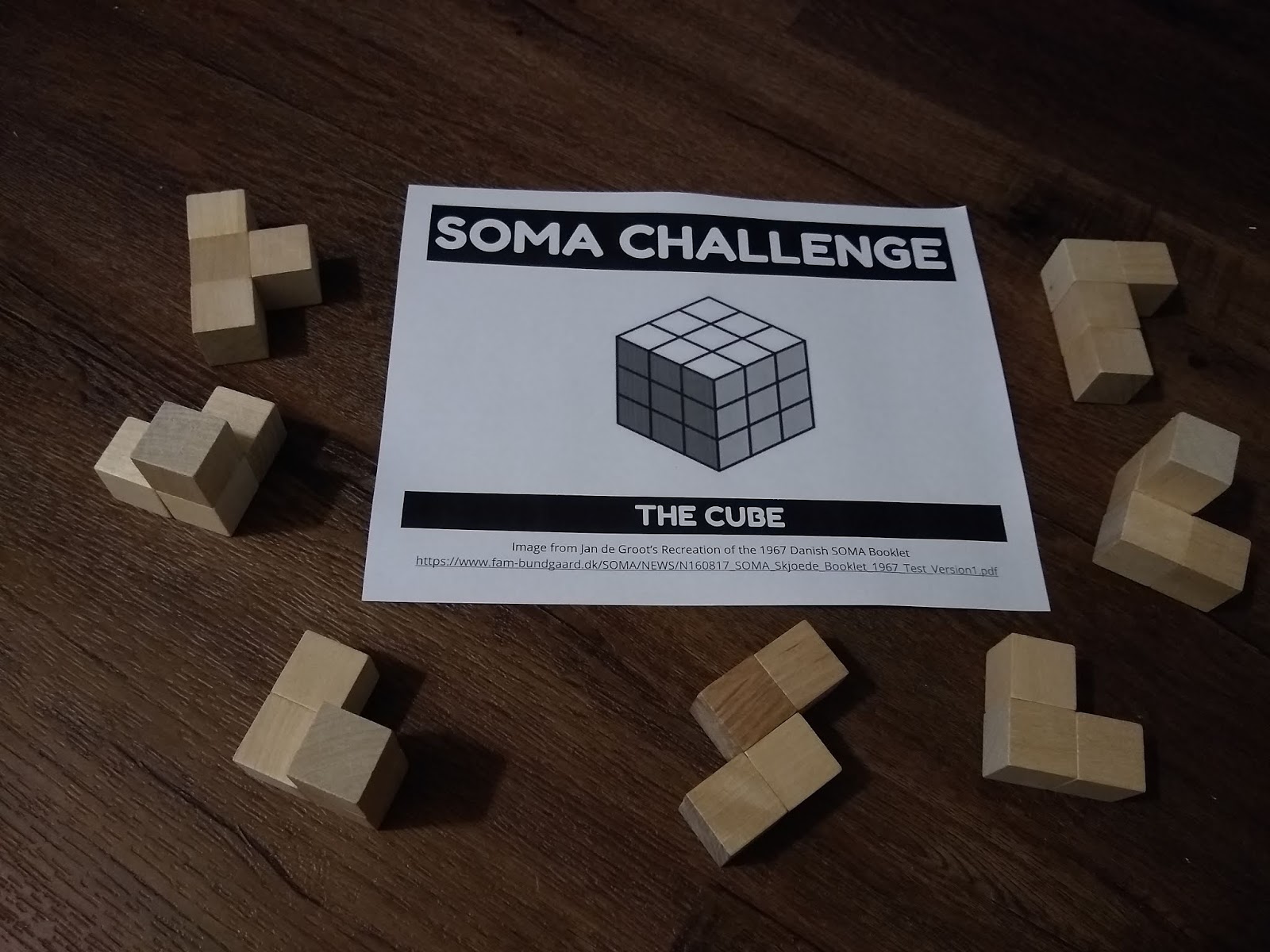
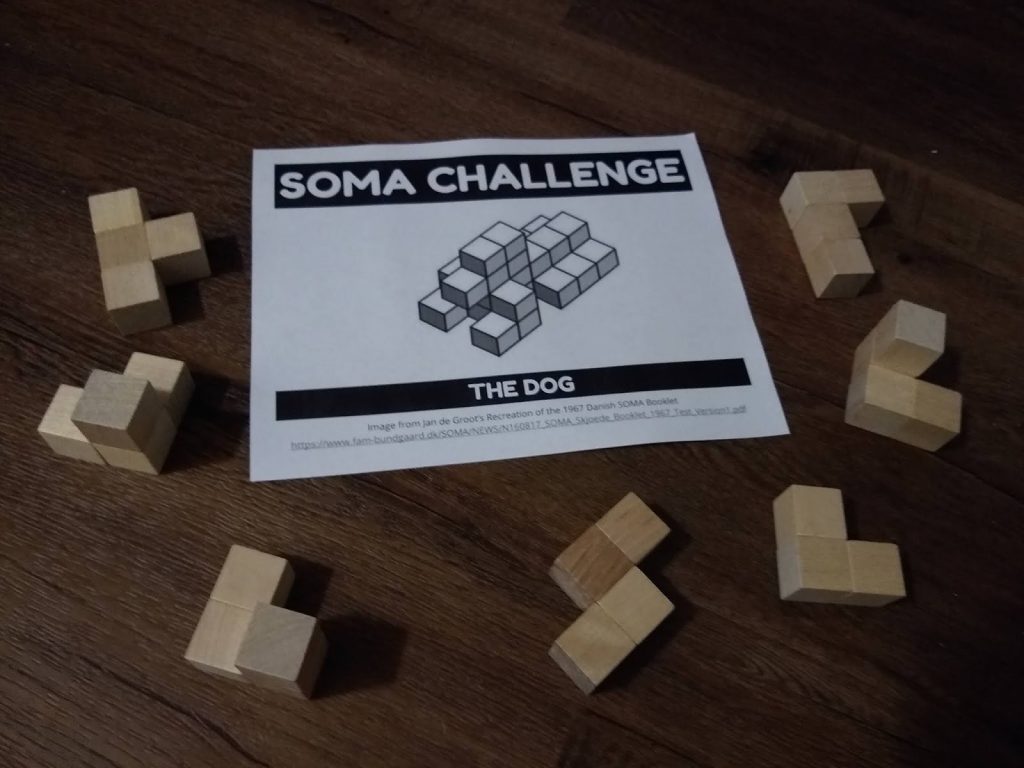
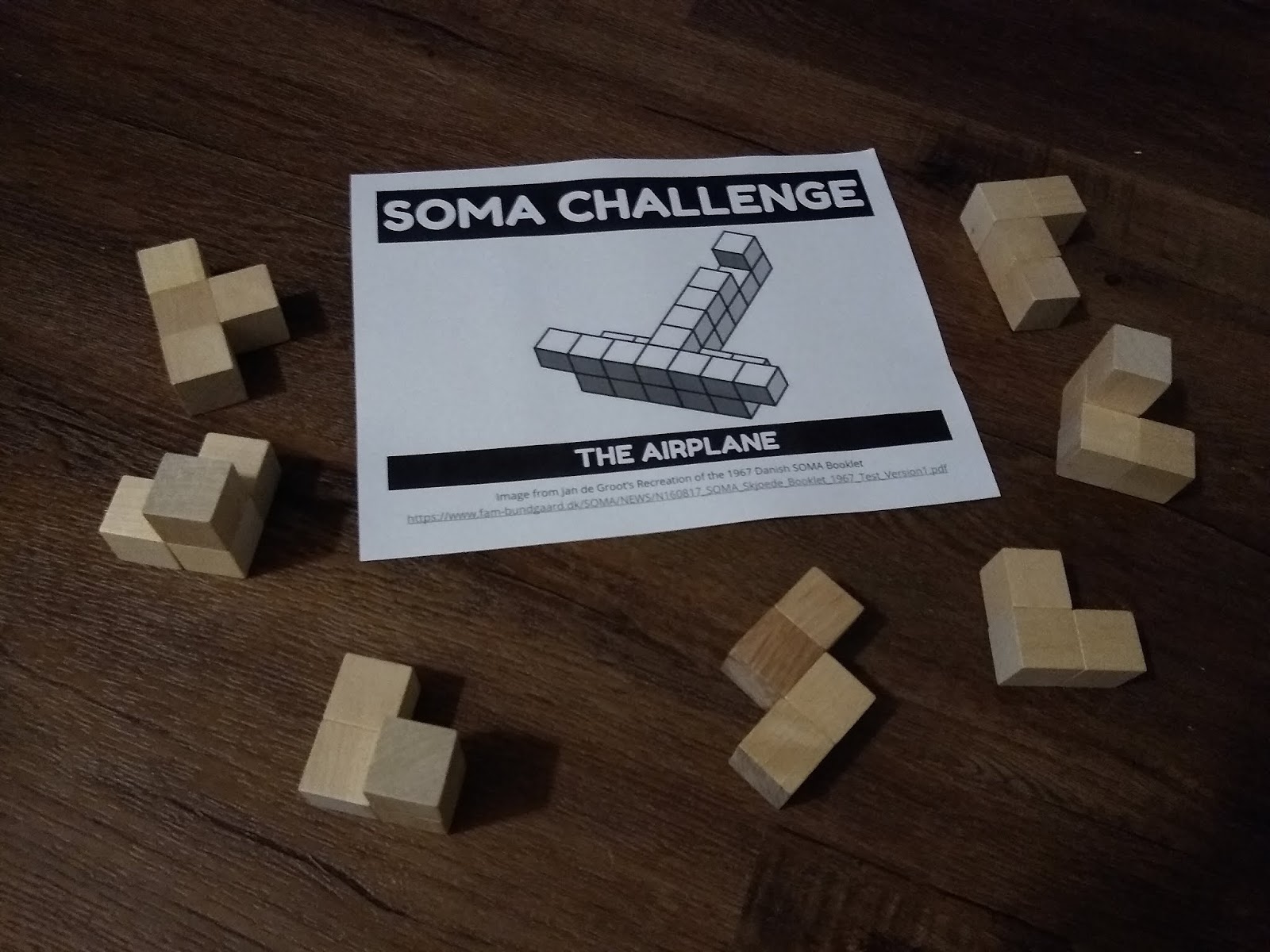
Want the set of 31 challenges to print and post in your own classroom?
If you don’t want to post the challenges on the wall in a sheet protector and change them out on a regular basis, I have also shared a version that prints 4 to a page so you can easily cut them apart, hole punch them in the corner, and make a small ring of puzzles to keep near your SOMA blocks.
Puzzle Solutions
I intentionally do not make answers to the printable math puzzles I share on my blog available online because I strive to provide learning experiences for my students that are non-google-able. I would like other teachers to be able to use these puzzles in their classrooms as well without the solutions being easily found on the Internet.
However, I do recognize that us teachers are busy people and sometimes need to quickly reference an answer key to see if a student has solved a puzzle correctly or to see if they have interpreted the instructions properly.
If you are a teacher who is using these puzzles in your classroom, please send me an email at sarah@mathequalslove.net with information about what you teach and where you teach. I will be happy to forward an answer key to you.
Not a teacher? Go ahead and send me an email as well. Just let me know what you are using the puzzles for. I am continually in awe of how many people are using these puzzles with scouting groups, with senior adults battling dementia, as fun activities in their workplace, or as a birthday party escape room.

